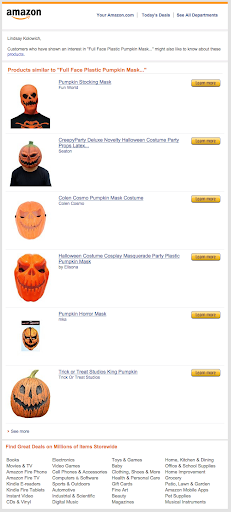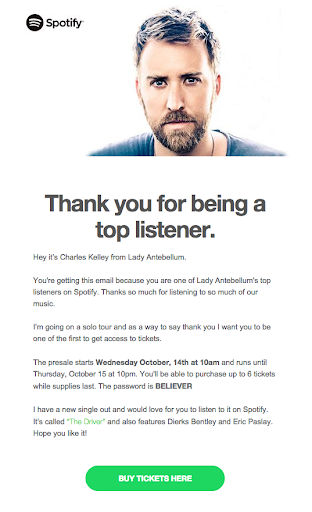Customer loyalty is valuable. The cost of losing a customer often exceeds the cost of gaining back a new one. So, to keep a happy group of customers you must understand them well. Machine learning and artificial intelligence are tools that can be leveraged to increase your understanding of the customer base. They help in collecting valuable data. Ecommerce personalization increases customer loyalty.
On the left is a graphic of Aaker’s brand loyalty pyramid, where the top two steps show the customers who have some brand loyalty. The customers at the last three levels of the pyramid are not loyal once. They tend to switch if there are any sort of barriers. How do you move your customers up this pyramid?
Understand Your Customers
“If you can’t measure it, you can’t improve it”. In today’s world, you must collect the right data about your customers. That will become a tool for you to turn your customers from just satisfied into committed buyers.

To first start with ecommerce personalization to increase loyalty, we need to segment our customers into groups with data. The first step is to collect enough data. What you collect will vary based on your store, but some common points may include how they entered your store, what they searched for, timing/frequency of purchases, and what they clicked on. Further analysis of this data could help you segment your customers into groups. Are there groups that are looking for products that have different uses/benefits? Are there groups that only shop when a type of product is on sale? Do you have customers you can identify as loyal/satisfied/switchers? Which customers have the highest lifetime value to you?
Machine learning can help you in this process of identifying patterns in your customers. Using your customer data and the important metrics to you, machine learning can be used to create unique customer groups. Then, segmented groups along pertinent characteristics are easier to understand, and you can offer the groups exactly what they want to increase customer loyalty.
Ecommerce personalization increase customer loyalty
We crave authenticity in our interactions with businesses. Take an example of Hubspot. Their marketing click-through rate was 0.73% when sent from the company account. However, this number increased to 0.96% when it was sent from a person. This is just because of the psychological factor. We tend to believe that company has taken time to understand my interaction. And because of that, they have sent an appropriate offer.
As stated above, machine learning can help you garner very precise information from your customers’ interactions with your store. Also, it can even help to the extent that you can predict what topics your customers will be more likely to be engaged in.
The image on the right is from Amazon. The ad is the famous Recommended page/subsection that Amazon will show you as you browse for other products. You likely won’t have access to the vast database that Amazon has. But you can still use similar principles and leverage AI to create better-targeted recommendations for your customers. A large part of the success Netflix and Amazon had was because of the sophisticated recommendation systems they had. The reason being the two companies knew their customers’ tastes better than they did themselves.


The image on left from Spotify shows the use of personalizing a ticket offer by a musician. After Spotify has segmented and created a group of top fans of a particular musician, the musician in question has sent an offer along with a thank you message for being a top listener on the app. The use of customer segmentation becomes a great tool for content marketing. Artificial intelligence will identify groups that you can send personalized content to, making the recipient feel like the firm took the time to understand them better.
All these examples clearly suggest that personalization increases customer loyalty.
